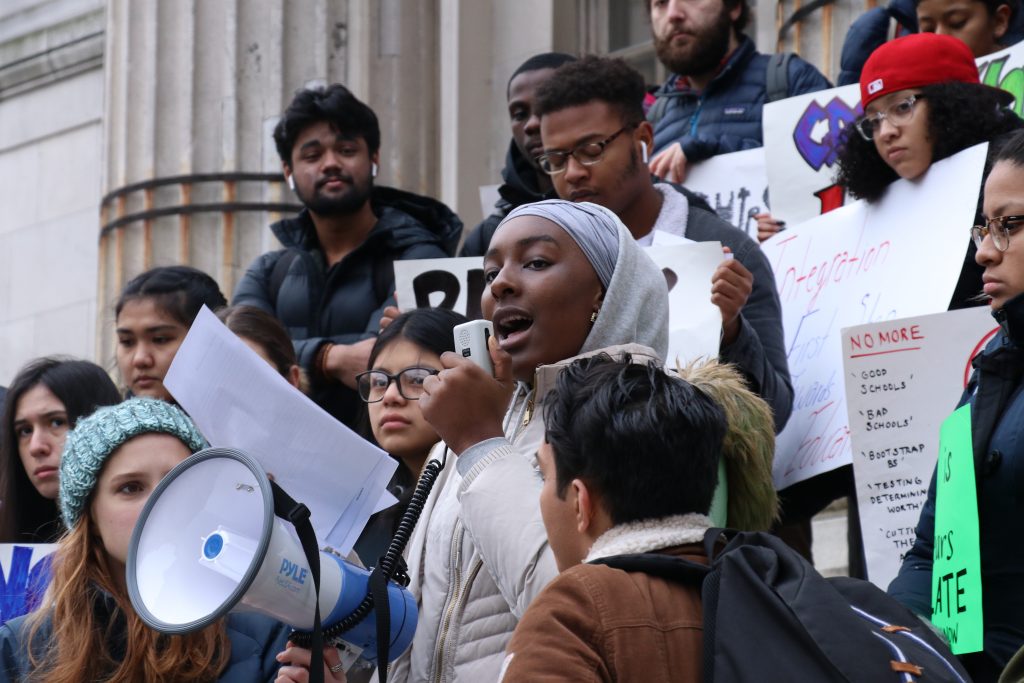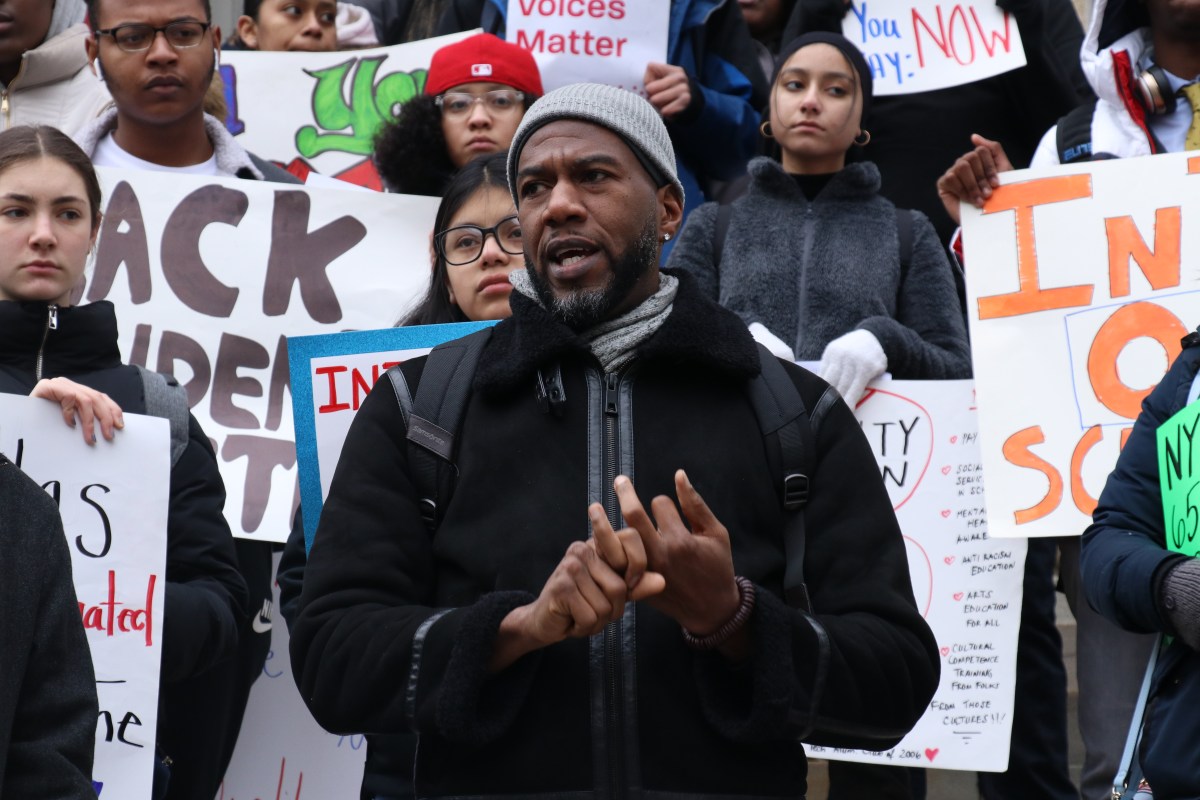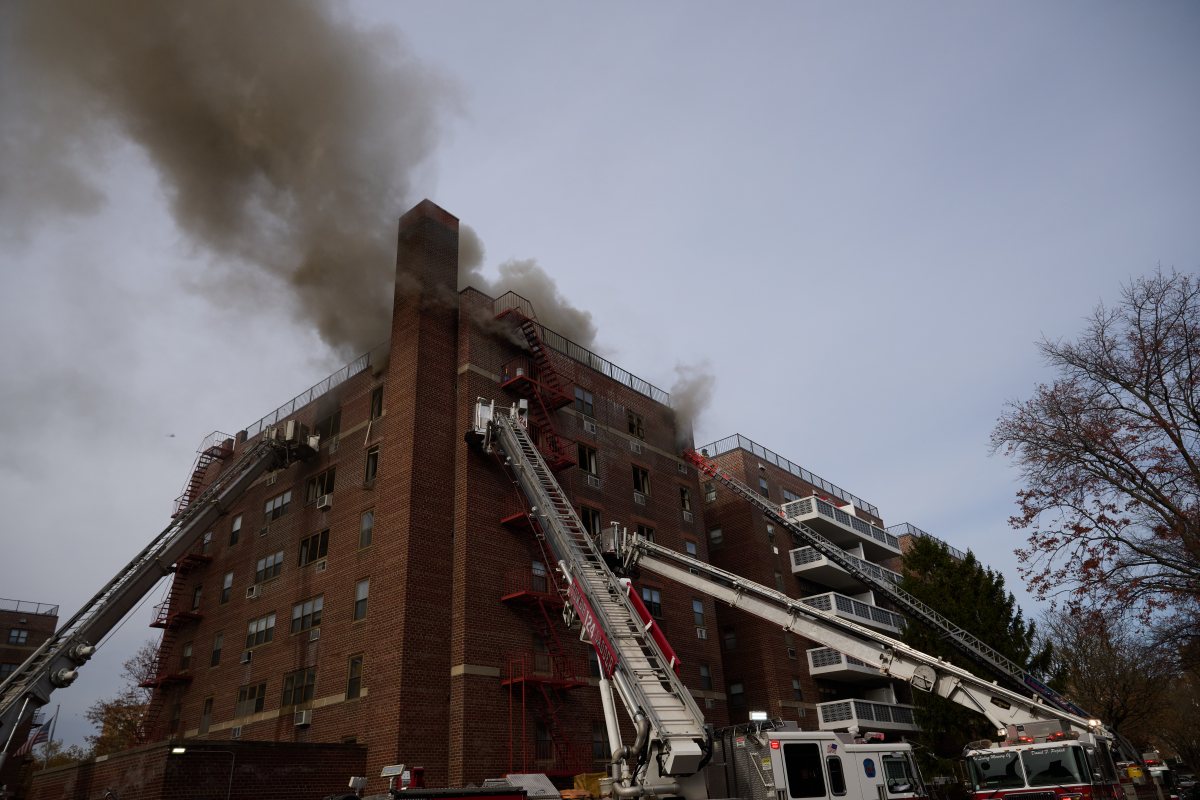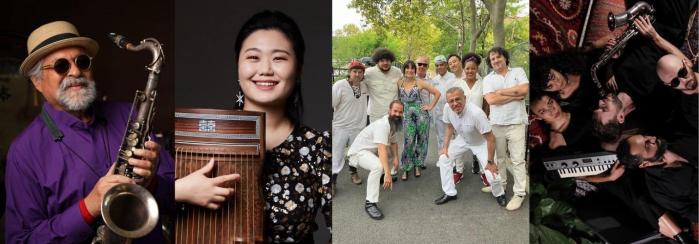Public Advocate Jumaane Williams joined members of Teens Take Charge and Councilmember Brad Lander to call for reforms to high school screenings at a Teens Take Charge rally at Brooklyn Borough Hall early Monday morning.
School screenings, Williams and other advocates argue, is one factor perpetuating segregation in the city’s school system.
“We all know that the ZIP code you come from and the school you attend can determine the trajectory of your life. … What the hell is that? And how long are we just going to let it happen?” said Williams.
Williams commended P.S. 9 in Brooklyn, which recently did away with their gifted and talented program and replaced it with enrichment programs to meet each student’s individual needs in order to help lessen racial and economic segregation. He suggested that might be a model for other public schools citywide to imitate.
“Integrated and properly funded schools doesn’t just help one set of students, it helps everybody,” the public advocate added.
Teens Take Charge has vowed to strike every Monday until the city’s Department of Education complies with their list of demands, including doing away with the school system’s screening process, and allowing all schools to admit both low- and high-achieving students. High Schoolers with Teens Take Charge first protest in mid-November, when students walked out out of NYC iSchool, a selective school in Lower Manhattan, and Chelsea Career and Technical Education High School, two schools housed in the same building but where the demographics are vastly different. At NYC iSchool 46 percent of students are white while the majority of Chelsea Career and Technical Education High School are students of color. Students from both schools though walked out and called for their own school’s integration hoping to start a city-wide movement. Monday morning’s protest marked the fifth strike by the young activists.
“I had great grades and interviewed well … but it was never about my personal abilities but about circumstances and curve balls that I did not have the privilege to control,” said Alex Rodriguez, organizer at Teens Take Charge. Since his mother was unfamiliar with the city’s high school admission process, Rodriguez was left to navigate it alone at age 11 — something that negatively impacted his ability to get himself into one of the “better” schools in the city.

The majority of New York City schools do not screen their students. One in five middle schools and high schools in New York City base student acceptance on test scores or grades, The New York Times reported in 2018. But no other city in the country screens as many students as New York does, the Times also reported.
The majority of students who enter the city’s specialized high schools come from a selective middle school program, a report from The Research Alliance for New York City schools found.
“We know our schools are stronger when they reflect the diversity of our city, said a DOE spokesperson. “We will continue to meet with them and other student and community advocates, families, educators, and staff to help make our school system more equitable for all.”

































